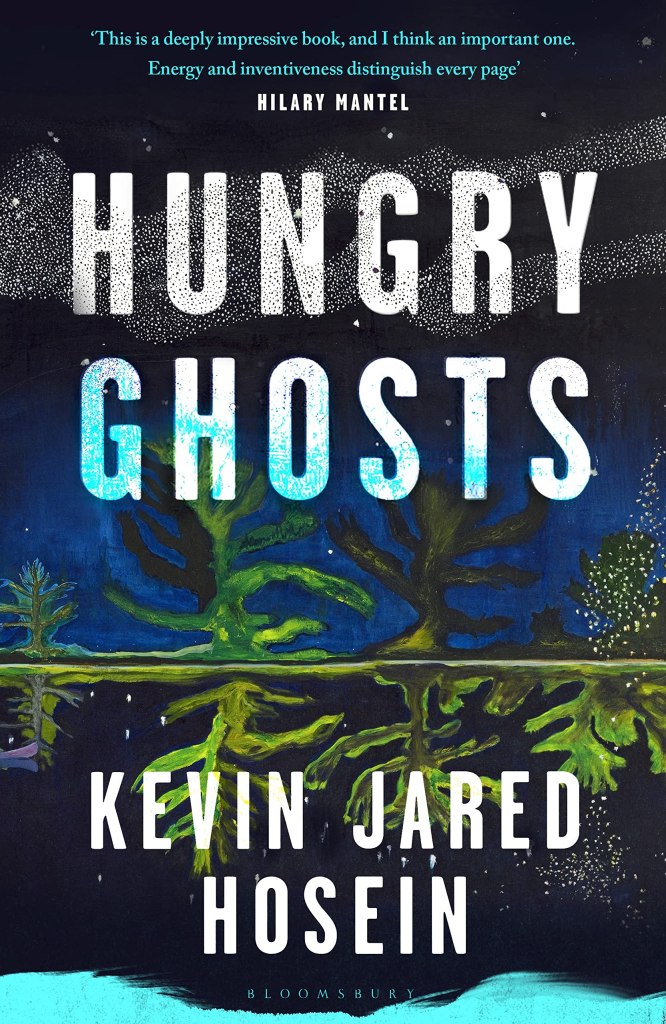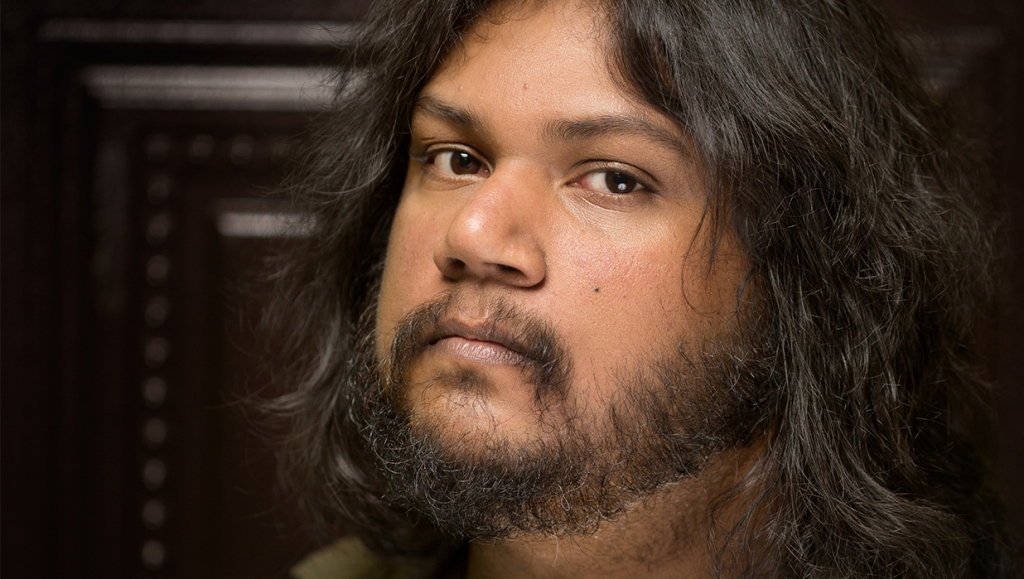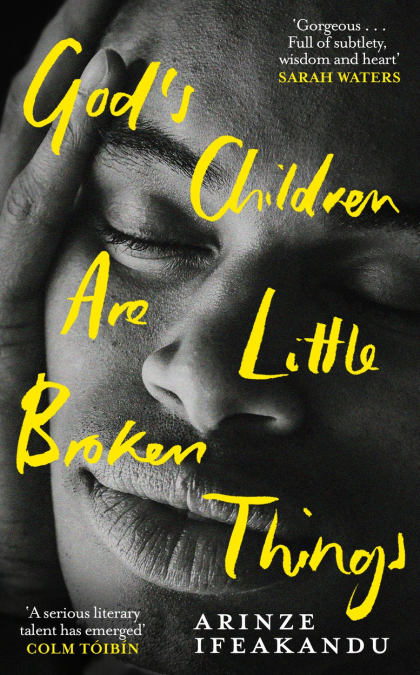About the Book

The music was still playing when Dalton Changoor vanished into thin air…
On a hill overlooking Bell Village sits the Changoor farm, where Dalton and Marlee Changoor live in luxury unrecognisable to those who reside in the farm’s shadow. Down below is the barrack, a ramshackle building of wood and tin, divided into rooms occupied by whole families. Among these families are the Saroops – Hans, Shweta, and their son, Krishna, who live hard lives of backbreaking work, grinding poverty and devotion to faith.
When Dalton Changoor goes missing and Marlee’s safety is compromised, farmhand Hans is lured by the promise of a handsome stipend to move to the farm as watchman. But as the mystery of Dalton’s disappearance unfolds their lives become hellishly entwined, and the small community altered forever.
Format: Hardback (352 pages) Publisher: Bloomsbury
Publication date: 16th February 2023 Genre: Historical Fiction
Find Hungry Ghosts on Goodreads
Purchase Hungry Ghosts from Bookshop.org
My Review
As well as being a BBC2 Between the Covers book club pick and being longlisted for The Walter Scott Prize for Historical Fiction 2024, Hungry Ghosts is one of the books on the longlist for the Swansea University Dylan Thomas Prize 2024. The shortlist will be announced on Thursday 21st March 2024.
Hungry Ghosts has been described as ‘a mesmerising novel about violence, religion, family and class’ and as ‘biblical in scope and power’. I wouldn’t disagree with either of these although the comparison that came to my mind was a Shakespearean tragedy such is the story of cruelty, revenge, betrayal, hate and lust that unfolds.
The novel focuses on four main characters: Hansraj Saroop and his wife, Shweta; their son, Krishna; and Marlee, the wife of rich businessman Dalton Changoor whose disappearance remains an unresolved mystery for much of the book but is also the catalyst for a chain of events that will bring far-reaching consequences. Other characters, such as Krishna’s cousin, Tarik, and Lata, the daughter of one of the families who share the Saroop’s cramped living space, play important roles in the story. They are not just shadowy figures in the background but are vividly brought to life. Robinson, one of the other workers on the Changoor estate, was a character that particularly stuck in my mind. If there’s anything close to ‘a good man’ in the book, he’s a candidate.
As we learn, many of the characters have experienced violence and cruelty in their lives, often as children at the hands of their fathers. They carry the legacy of those experiences in their actions: sometimes perpetuating them, sometimes seeking to rise above them. Loss – of parents, of children – is a persistent backdrop to the characters’ lives. One loss in particular is a source of grief that Shweta lives with daily but which Hansraj seems unwilling or unable to acknowledge. It’s a ‘hungry ghost’ that feeds upon her every day.
Many of the characters seek to better themselves and to get more from life than what fate has dealt them so far, which in most cases is not very much. Shweta longs for a house of her own that she doesn’t have to share with other families, that offers more privacy than a flimsy partition and that doesn’t leak when it rains. Krishna, an intelligent young man, knows the local school cannot provide the education that will allow him to forge a life beyond the village. He resents the prejudice directed at his family and is frustrated at his father’s seeming acceptance of it. Marlee is one person who has made a new life for herself but it has come at a cost. There will be a cost to others as well.
The story may be bleak but the writing is anything but. You get the sense that every sentence has been thought about and lovingly crafted. The author has an obvious love of language, including some unfamiliar words (‘rufescent’ ‘thaumaturgy’ ‘eutrophic’ ) that had me reaching for the dictionary.
Hungry Ghosts has scenes that are harrowing and difficult to read but the sheer power of the narrative propels you through them. I can see why it has garnered so much praise.
My thanks Henrietta at Midas PR for inviting me to be part of the blog tour celebrating the books on the Swansea University Dylan Thomas Prize 2024 longlist and to Bloomsbury Publishing for my review copy.

In three words: Intense, powerful, moving
Try something similar: Fortune by Amanda Smyth
About the Author

Kevin Jared Hosein is a Caribbean novelist. He has also worked as a secondary school Biology teacher for over a decade. He was named overall winner of the Commonwealth Short Story Prize in 2018, and was the Caribbean regional winner in 2015. He has published two books: The Repenters and The Beast of Kukuyo. The latter received a CODE Burt Award for Caribbean Young Adult Literature, and both were longlisted for the International Dublin Literary Award. His writing, poetry, fiction and non-fiction have been published in numerous anthologies and outlets. He lives in Trinidad Tobago.


 About the Book
About the Book
